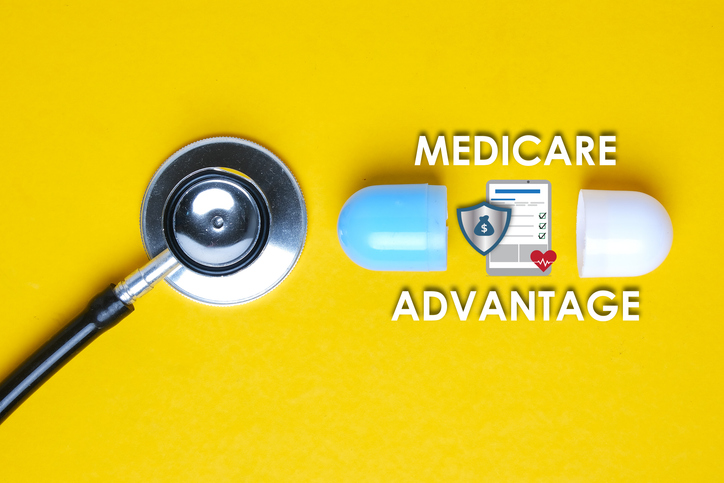“Nonmedical social determinants of health” is a fancy way of saying external conditions can affect people’s well-being. Being homeless is not terribly conducive to good health, and the stress of not having access to affordable housing can worsen an individual’s mental health. Under that premise, numerous states have been diverting Medicaid funding to housing assistance.
In 2024, I reported 19 states were funneling Medicaid funds into housing. I questioned whether this was a delusional quest that would fail to improve health care or was a worthy discussion to have if Medicaid is to remain an entitlement for the poor.
Minnesota Cost Explosion
The case of Minnesota, one of those 19 states, is illuminating. Minnesota was the first state to seek approval to use Medicaid funds for housing, in a program called Housing Stabilization Services (HSS). Minnesota has a long history of maximizing federal funding for Medicaid and growing the program as large as possible.
Starting in 2020, HSS had an anticipated budget of $2.5 million. By 2021, the cost was already nearly 10 times the original budget. Four years later it is costing Minnesota (and federal) taxpayers $104 million a year. The reason for the growth in spending is not homelessness; it is massive fraud.
On July 25, Minnesota shut down its $107 million housing stabilization program, the Minnesota Reformer reports.
Massive Corruption
The program was riddled with corruption, the publication found.
“Earlier this month, the FBI raided five Minnesota businesses that have received millions in Medicaid money for services they didn’t provide, according to unsealed search warrants,” wrote J. Patrick Coolican. “The Housing Stabilization Services program is intended to help older adults and people with disabilities find and maintain housing.”
Tellingly, the Minnesota legislature had to pass a law authorizing the Minnesota Department of Human Services to freeze payments to the 50 HSS providers. Perhaps that is the problem. The department that administers housing assistance is not even allowed to police it without asking permission.
Not Just a Few Bad Apples
The fraud in the HHS program could exceed $1 billion, Acting U.S. Attorney Joe Thompson told KSTP.
This is not just a few bad apples ruining it for everyone else. It is the vast majority of vendors. Many of the people whose names were used to apply for funds claimed they had not received any services. The people had never even heard of the companies billing on their behalf.
Around 700 different companies are billing HSS for housing services, most of which were never provided. Some of the companies used the same business address as others.
Maybe there is some merit to the idea that external conditions affect health, but the public may never know the truth when there are no guardrails to protect against theft in a government program attempting to find out.
Devon Herrick ([email protected]) is a health care economist and policy advisor to The Heartland Institute. A version of this article appeared on the Goodman Institute Health Blog. Reprinted with permission.




